By: Shahri Estakhry
As I was preparing to leave for my annual vacation in May, I was searching my soul to see what I should be writing about for the July/August issue. There are so many worthy issues, sometimes it is hard to pick just one to highlight. In that spirit of indecision, I started to clean my desk, where everything was hidden under a pile of papers. Lo and behold! I found a letter from H. A. Campbell referring to my editorial on climate change from the Nov/Dec 2017 issue. Climate change! Her perspective has encouraged me to add this follow up.
At this moment in time, it physically pains me to look at what is occurring in my birthplace, Shiraz, and seven or eight additional provinces in southwestern Iran, all of which are suffering from catastrophic flooding. Thousands have lost their homes and many their lives. Lorestan Province has lost most of its roads and bridges… food and supplies are being air lifted to them, that is, if solid ground can be found for safe landing of these supplies. This flooding besieges Iran after 20 years of drought. It is hard to imagine now, but it was predicted that most of the middle to southern parts of the country would become deserts! This pattern of unprecedented weather extremes associated with climate change is happening in many places throughout the world right in front of our eyes: Mozambique and neighboring southern African countries, Argentina… and in our own country – Nebraska, Iowa, and our beautiful state of California. Yet still, it continues to be denied by so many in power.
Here are some reminders from my editorial in Peyk #172 – Nov/Dec 2017: “In searching the climate change I came across The Weather Makers – How Man is Changing the Climate and What It Means for Life on Earth by Tim Flannery. The book is reviewed by Frederick Goethel (a professional and well-known reviewer) calling it ‘The Definitive Book on Climate Change.’ He writes ‘this book was recommended to me by one of Canada’s leading advocates for saving the Polar Regions.’ He told me I should read this book if I wanted to read the best book that has been written on climate change. I was skeptical, but he was right. This is the best book I have found on the subject of climate change.
The author, Tim Flannery, is a well-recognized scientist himself. He begins the book by discussing his reservations about global warming, how scientists are supposed to be skeptical and how much data must be present before scientific consensus can occur. From there, he explains how he was convinced that climate change was real. In the book, the author starts discussing climate change from many different scientific aspects. He does a great job of utilizing a number of scientific approaches, including anthropology, biology, chemistry, physics, climatology, meteorology, geology, oceanography and more to prove the argument that climate change exists from every angle.
In addition, he does a great job showing how something happening in one place may affect a totally different region of the world. He covers climate change around the globe in a comprehensive manner, and shows how different people will be affected. Finally, the author discusses what is being done and by whom. He points out the lack of effort to change in the U.S., as well as in Australia and other countries. He presents good arguments for the slowing global warming and for the economic benefits that countries would enjoy.
This book is the best and most comprehensive I have read on global warming. If you are looking for a book that covers all aspects, this is for you. If you would prefer ranting and raving, don’t look here, as there is very little of that present. Finally, if you are in doubt about global warming this book may very well change your mind, or at the least give you something to think about seriously.
I hope that I won’t have to write about this topic again. I pray that even if you are not a believer, that you would at least give your children the chance to review this book. We need to work together to preserve what is left for a better future for all humanity!


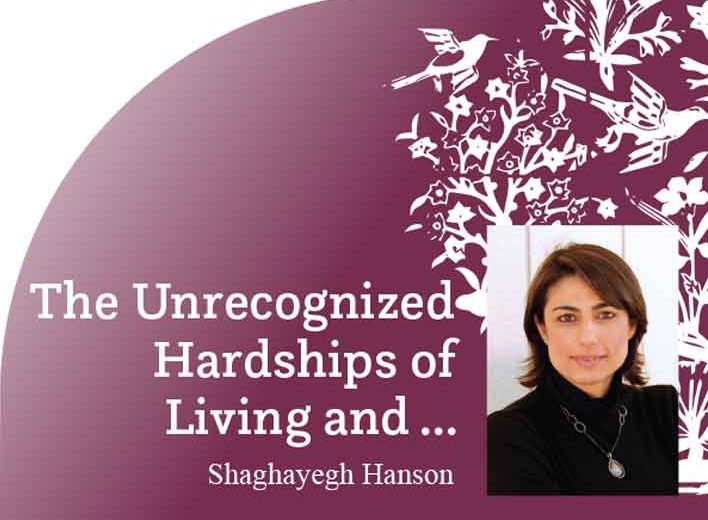
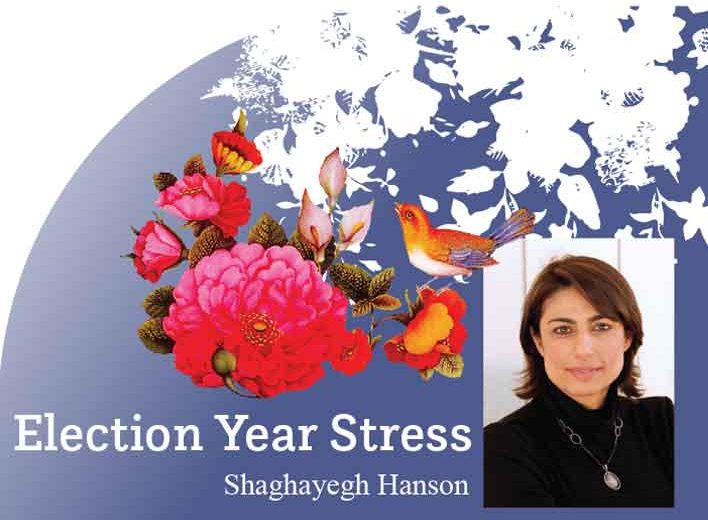
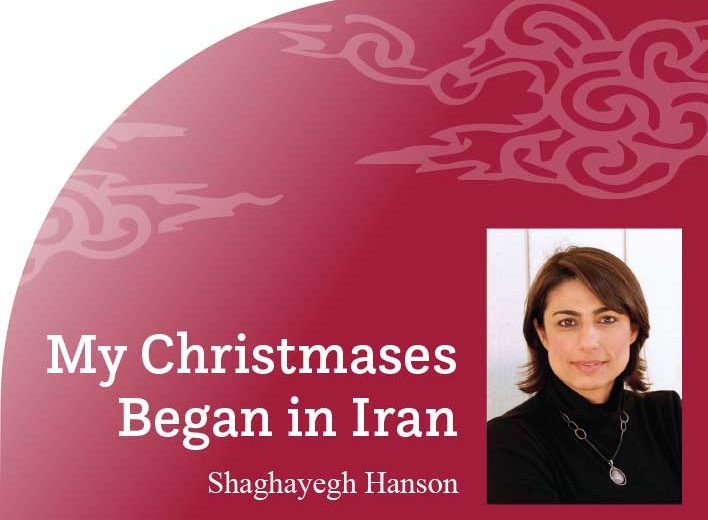
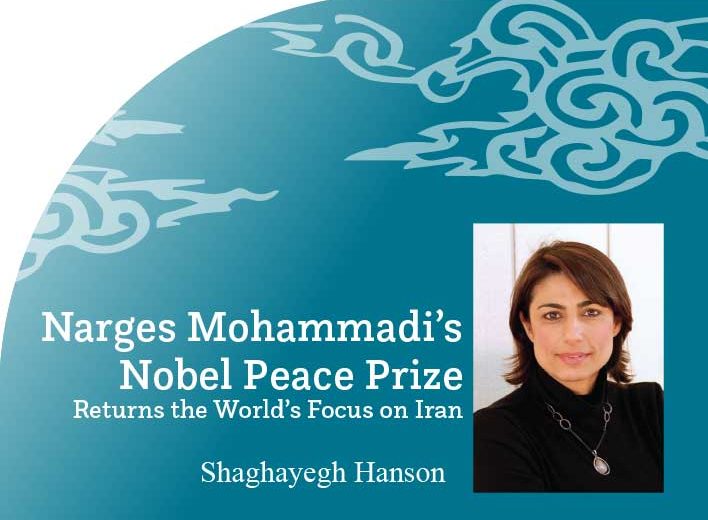
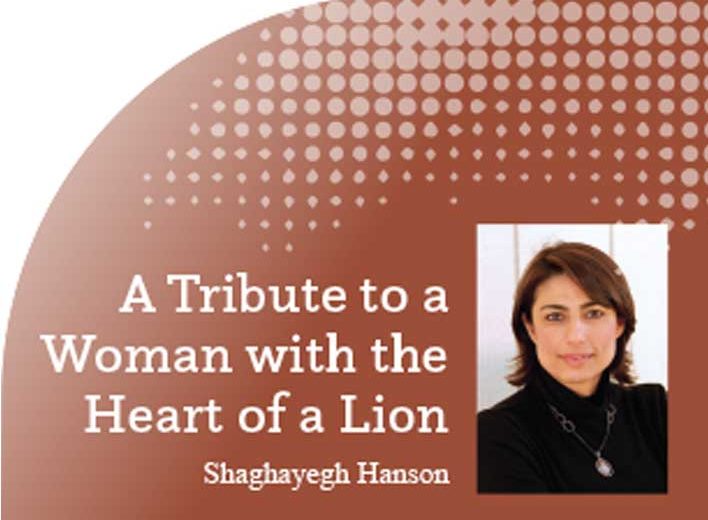
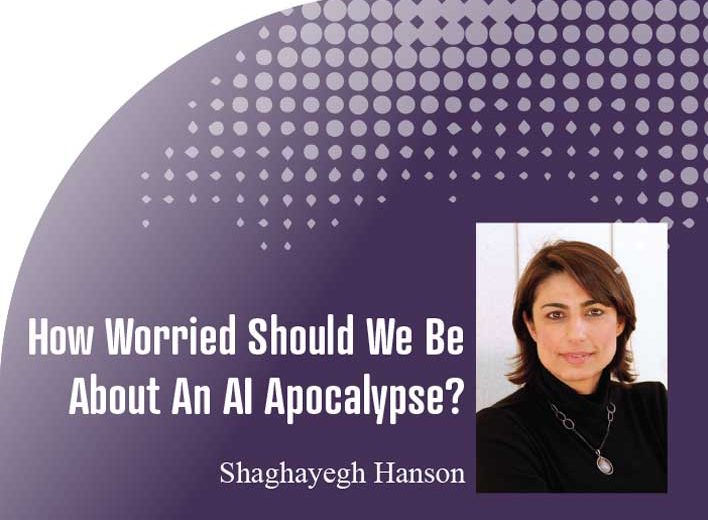
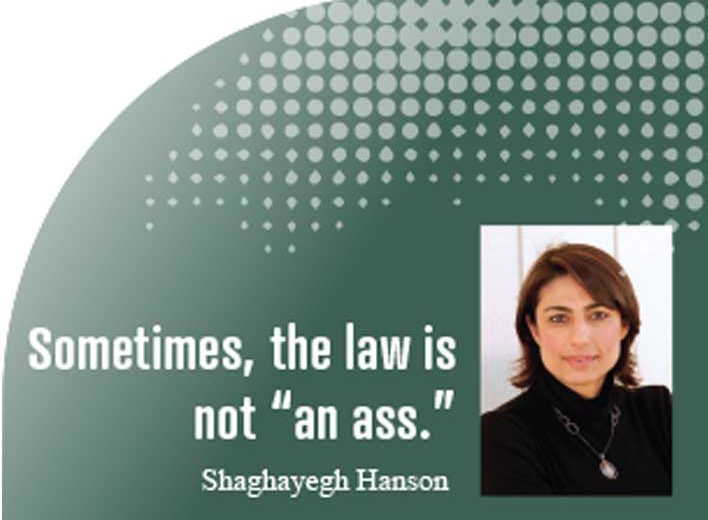
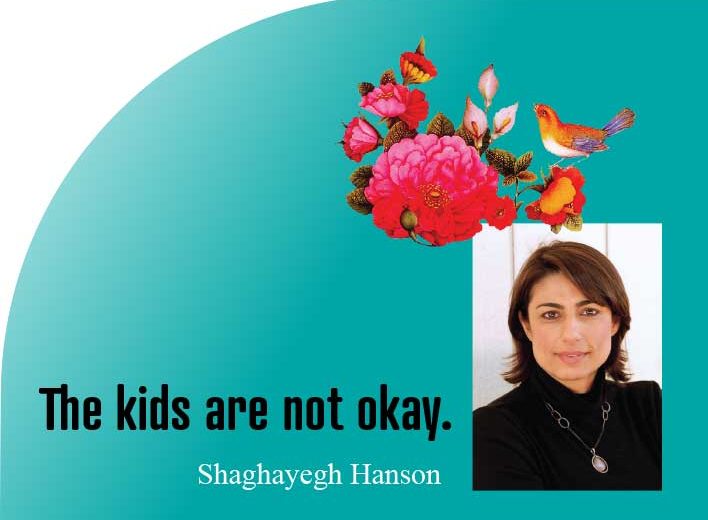









1 Comment
A WordPress Commenter July 7, 2019 at 9:08 pm
Hi, this is a comment.
To get started with moderating, editing, and deleting comments, please visit the Comments screen in the dashboard.
Commenter avatars come from Gravatar.